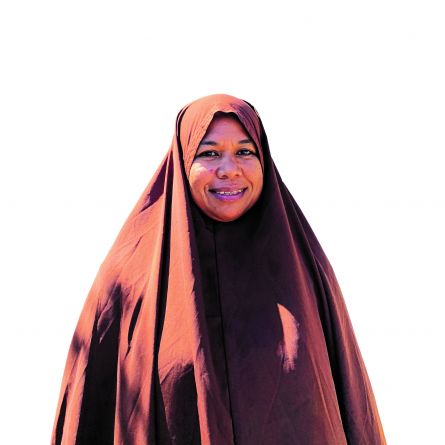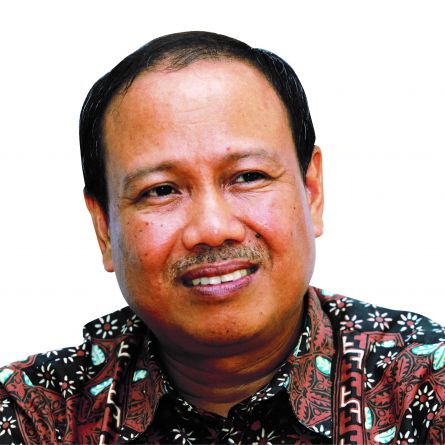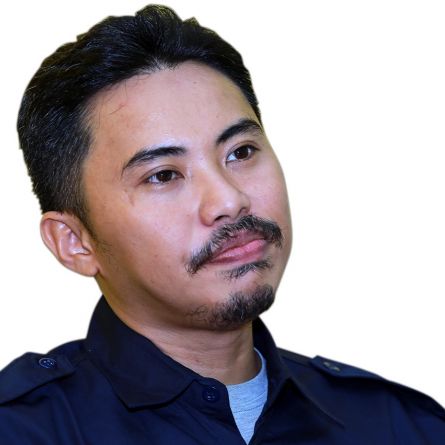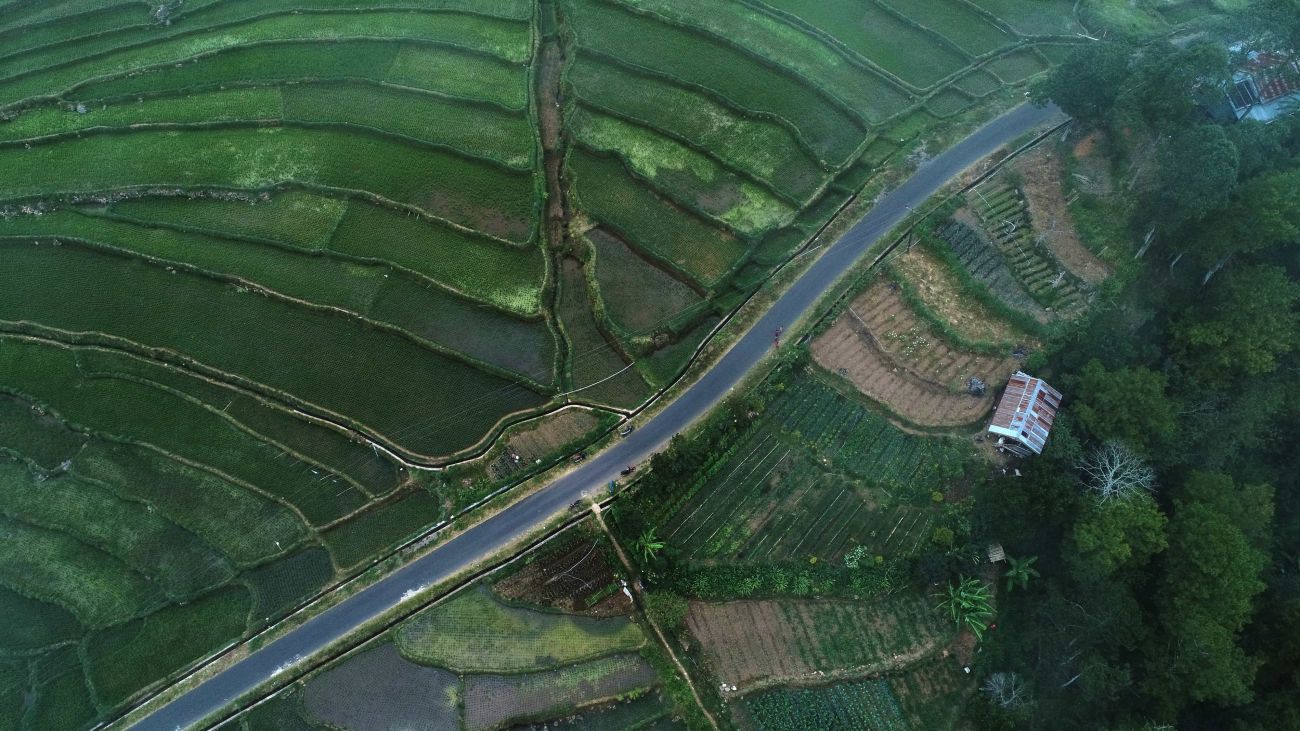
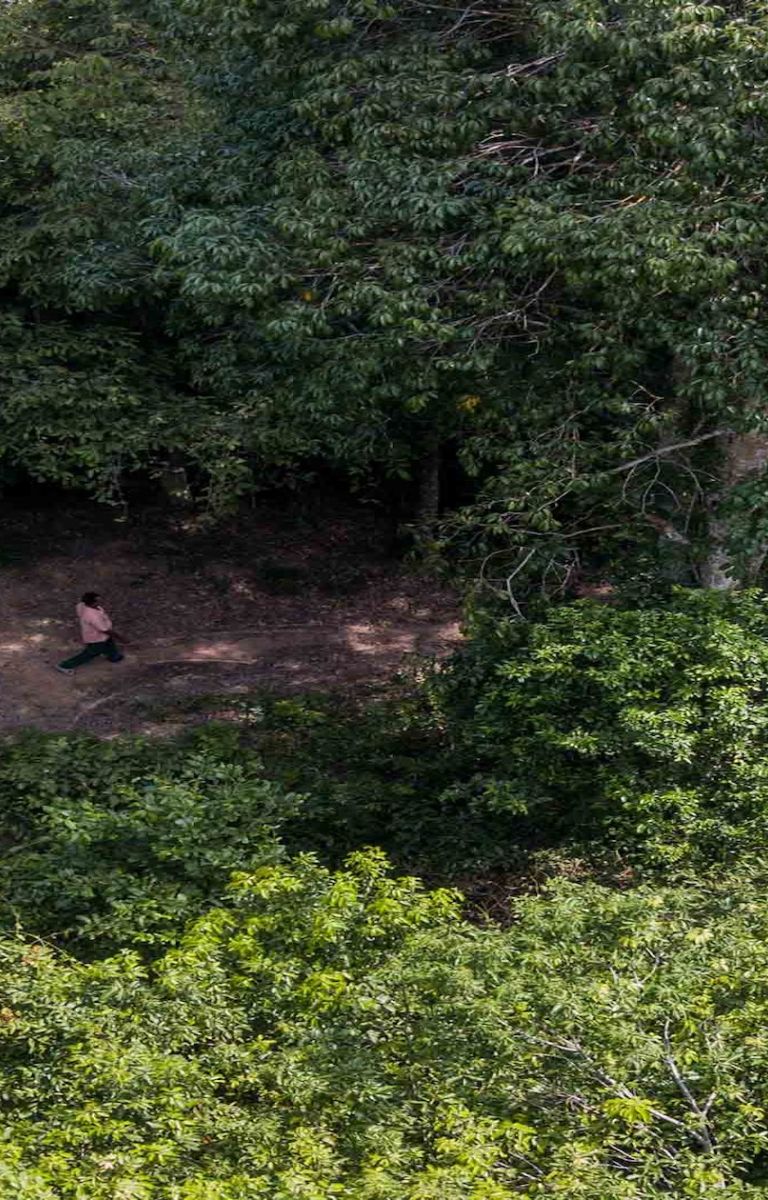
The South Sulawesi landscape is home to some of the world’s most unique plant and animal species. Its 4.5 million hectares include rice fields, dry land forests, bushes and savanna, forest plantations and mangroves. The highly diverse landscape harbours endemic fauna including the moor macaque, anoa, Lompobattang flycatcher and the Sulawesi bear phalanger. More than 8.7 million people call South Sulawesi home including the ethnic Buginese, Makassarese, the forest-dwelling ethnic Kajang peoples and the coastal Karampuang groups. Fifty percent of the population depend on agriculture and forestry for their livelihoods. Sustainable management of the South Sulawesi landscape can protect South Sulawesi’s biodiversity, help overcome poverty and contribute to the fight against climate change.
South Sulawesi by numbers
-
Total area of landscape: 4,576,453 hectares
-
Forest cover: 63 percent
-
Population: 8,771,970
-
Poverty rate: 8.7 percent
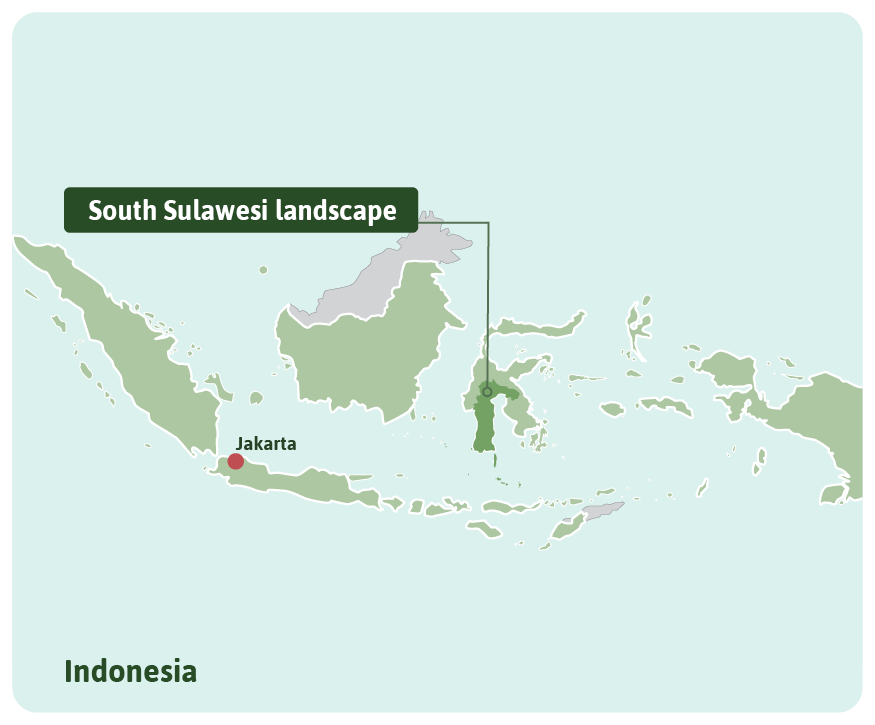
Entry points for investment to achieve the SDGs
-
Formalizing local communities' rights to manage forests
-
Promoting sustainable agroforestry practices for forest landscape restoration
-
Supporting the development of inclusive forest-based business opportunities for women and other marginalized groups
The South Sulawesi landscape in Indonesia and the people and biodiversity it shelters are threatened by forest degradation. Moreover, its people are challenged by insecure tenure, poverty and limited access to markets. Empowered local communities must lead the sustainable development and the protection of this landscape, and at RECOFTC we have the vision, skills, relationships and experience to support their leadership. Since 2010, we have helped the people of South Sulawesi build their capacity to secure their land tenure and resources rights, govern and manage their lands and improve their livelihoods. Today, there are tremendous new opportunities to further support local communities, government, civil society and the private sector to overcome these threats. We offer three entry points for action that will foster prosperous communities and a thriving landscape by capitalizing on the ambitions of the local people, our experience in South Sulawesi and the work of other organizations. Through investments in South Sulawesi we can contribute to achieving the Sustainable Development Goals of the United Nations 2030 Agenda. By 2030, we can lift more than 296,000 people out of poverty, empower 65,000 women to take active roles in decision-making about their landscape, strengthen the capacity of 723,000 more people to adapt to climate change and foster sustainable management of 2.1 million hectares of forest. And by securing land rights, we can enable Indonesia to foster good forest governance and mitigate and adapt to climate change.
Challenges
Climate
- Degradation and deforestation are contributing to making Indonesia the world's fifth biggest greenhouse gas emitter.
- Currently, 94 percent of the forest in South Sulawesi is degraded, increasing the vulnerability of local people to natural disasters and food insecurity.
Livelihoods
-
Annual income per capita is 3,712 US dollars.
-
Income generating opportunities are limited by policy, capacity and market access barriers.
Governance
- Land conflict is escalating as forests lack demarcation and the government grants large-scale concessions to companies.
- There are few multi-stakeholder platforms for dialogue.
- Forest monitoring and law enforcement are weak.
Social inclusion
- Local people, particularly women, youth and low-income groups, have limited involvement in decisions on allocation and management of natural resources.
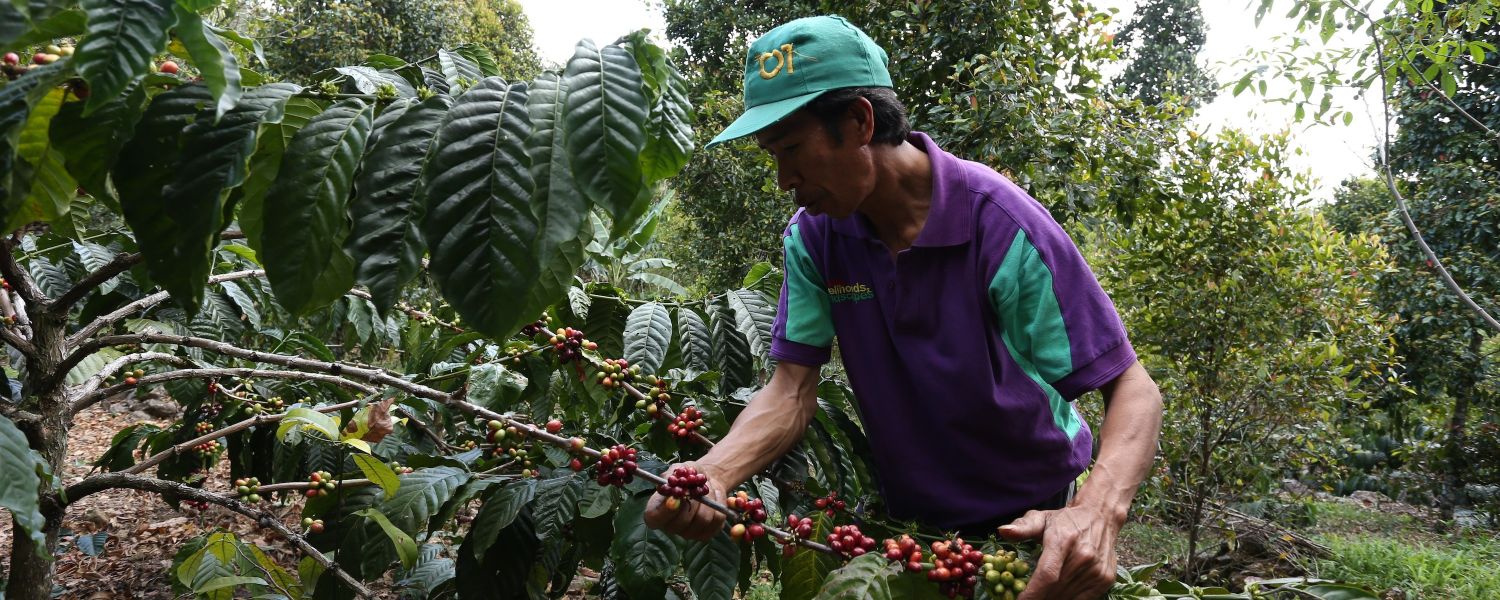
Partners
Local communities
- Fifty percent practice agroforestry and subsistence farming to produce coffee, cacao and clove.
- Communities in Gowa, Luwu, Jeneponto and Sinjai municipalities run smallholder timber plantations and harvest non-timber forest products such as pine sap, rattan and resin.
Government
- Government institutions play a leading role in managing the landscape, with the Ministry of Environment and Forestry at the helm.
Academia
- Hasanuddin University in Makassar, one of Indonesia's largest universities, works with international organizations to carry out original research and provide policy advice.
Civil society
- The Sulawesi Community Foundation and the Balang Institute engage and support local people to secure their land and resource rights, manage their lands and improve their livelihoods.
Our experience in South Sulawesi and Indonesia
Since 2010, we have supported communities and the Government of Indonesia to secure tenure rights and ensure a healthy and resilient landscape. Through our work we have become a leading voice in community forestry, recognized and trusted by local communities, the forestry administration, local authorities and civil society. In South Sulawesi, we have:
- Trained 2,100 people, more than 27 percent of them women, in the sustainable management of natural resources
- Facilitated the granting of three social forestry permits and supported six other in the granting process
- Facilitated the creation of more than 10 social forestry entrepreneurship groups
- Supported establishment of an inclusive business partnership action plan for 30,000 hectares of forest
We are well established in Indonesia. In 2005, the Government of Indonesia signed our charter. Since then, we have:
- Collaborated with more than 45 local, national and international organizations
- Facilitated the founding of more than 30 community-based enterprises
- Trained more than 120 forest management units in business development
- Mainstreamed gender into the strategic plans of six organizations across diverse sectors including academia, government and civil society
- Supported 5,000 people, more than 30 percent of them women, in the sustainable management of natural resources

